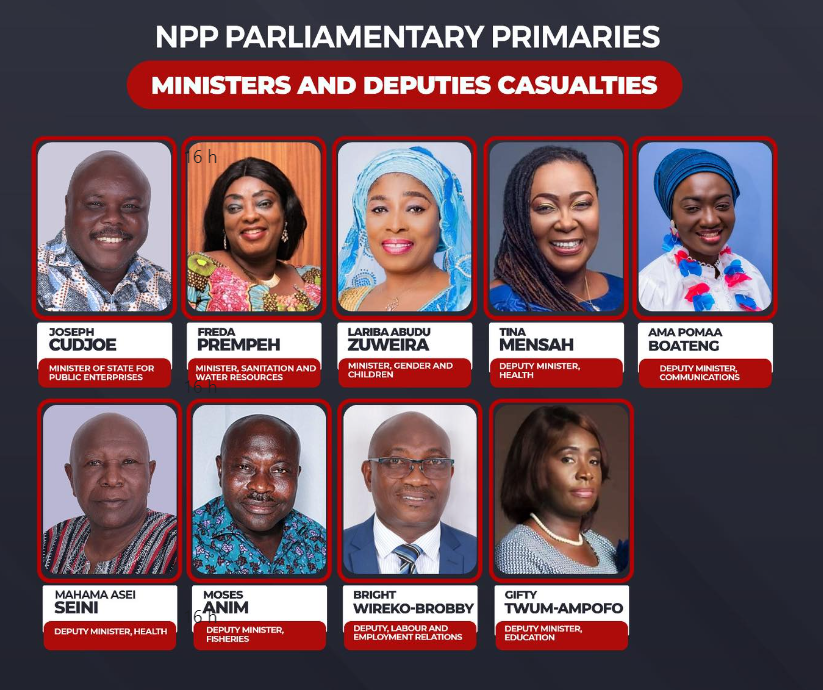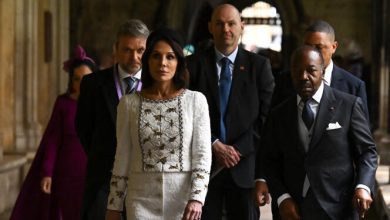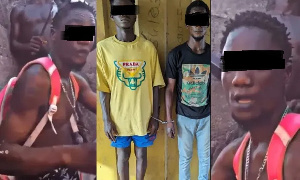NPP primaries: More defeated candidates to go independent – Full details
It appears the New Patriotic Party (NPP) will have to spend more time speaking to some defeated candidates in the just ended parliamentary primaries to continue being members of the party.

It appears the New Patriotic Party (NPP) will have to spend more time speaking to some defeated candidates in the just ended parliamentary primaries to continue being members of the party.
A political science lecturer at the Kwame Nkrumah University of Science and Technology (KNUST), Dr. Richard Amoako Boah, has projected that the outcome of the just-ended New Patriotic Party (NPP) parliamentary primaries might lead to an increase in independent candidates in the upcoming general elections.
Monday, he attributed this potential division to the perception of unfair treatment by the party towards those who lost in the primaries, particularly the incumbent MPs who did not retain their candidacy.
The lecturer stressed that the internal divisions within the NPP could prompt individuals to consider contesting as independent if they believe the party played in their loss.
“Anyways, it is not good for the party as the division continues. If candidates who lost think your party didn’t treat you right, are you going to keep supporting your party in the upcoming general elections?” he asked.
“Think the things that have happened in the past have disseminated the party and it continued in the just-ended parliamentary primaries,” he told host Evans Mensah
About 28 incumbent MPs suffered defeat in the NPP parliamentary primaries, raising concerns about internal unity within the party. As leaders of the party try to gather every rank and file of the party to prepare for the upcoming polls in December, Dr Amoako Baah stressed that the party is not out of the woods yet.
According to him, the impact of influential people within the party, throwing their weight behind some newcomers could cause more disunity in the party.
“Now it doesn’t matter how long you’ve been with the party if you ran against a candidate who has the support of the Vice President, then you’ve lost.
He further raised the question of whether candidates who lost to individuals with the backing of Vice President Mahamudu Bawumia would continue to support the Vice President during the general elections.
“The results are an indication of that; disunity, dissemination,” he observed.
Dr. Boah acknowledged the uncertainty surrounding Vice President Bawumia’s ability to regain support within the party. However, he hinted at the influence of financial resources in Ghanaian politics, stating, “In Ghana, money can do everything, so let’s see.”



